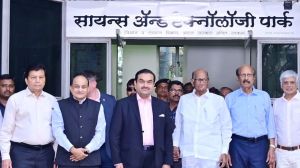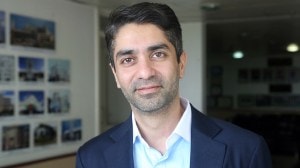Bite the bullet
Scotland Yard gives Pakistan more proof that military rule has weakened the state.

The Scotland Yard says it has failed to find proof of the assassin8217;s bullet that Benazir Bhutto8217;s family and supporters believe killed her. The British investigators, in their first report on Friday, appeared to corroborate the Pakistan government8217;s initial reconstruction of events that December evening in Rawalpindi. By both accounts, the impact of a blast set off by a lone suicide bomber threw Bhutto fatally towards the escape hatch of her bullet-proof car. Bhutto had opened the hatch to wave to supporters. The initial reaction from her Pakistan Peoples Party was predictably questioning. It had been insisting that eye-witness accounts point to a second assassin who shot her, with politicians close to her saying they saw proof of the bullet on her person. In fact, when President Pervez Musharraf invited the Yard to enquire the death, the PPP had demurred, saying it preferred a UN investigation.
The reconstruction of the murder may be contested in different ways in Pakistan 8211; some say the PPP is spinning the bullet theory to implicate the government and gain political capital, others point to the wider public disbelief in the government8217;s version. But the way it has been investigated so far confirms a dangerous loss of confidence in Pakistan8217;s institutions. Normally, foreign sleuths are called in when a country needs technical or special expertise it does not normally have. Musharraf8217;s invitation, however, was not for supplementary assistance from the Yard. It was to tide over public suspicion of what his government had to say. For a country that8217;s among a handful of nuclear powers, this amounted to a stinging self-rebuke.
This is not good for Pakistan8217;s self-confidence in dealing with the extremist and political challenges that have accrued over the past year. And consequent instability is not good for the region. Pakistan8217;s long spell of military rule and proxy governments has depleted the state of too much credibility with civil society. To reduce this distance between state and civil society, the country needs a full and unabashed engagement with democracy. Will the election on February 18 begin that process?
- 01
- 02
- 03
- 04
- 05































